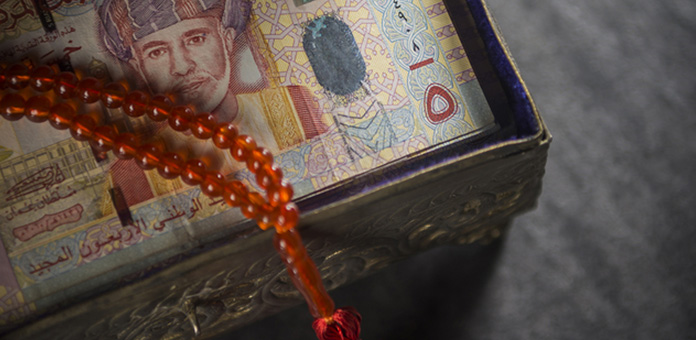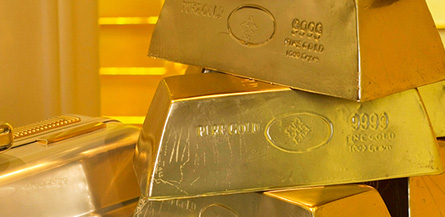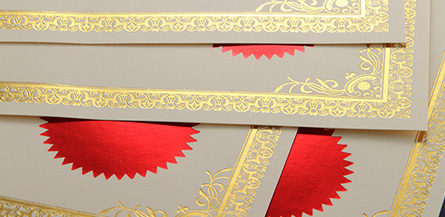
Late 2016 marked a turning point in the world of investing in gold, as changes in Islamic Religious Law (Sharia Law) opened the market to 25 percent of the global population. Historically, gold has been the preferred tool of wealth preservation of Muslims; however, fragmented and confusing interpretations of Sharia Law prevented many from investing in the precious metal. With clear guidance from the new Sharia Gold Standard, gold demand is expected to soar. 1
What Is Sharia Law?
“Sharia” translates into “the path” or “the road that leads one to water.” Deriving from the Quran (the holy book of Islam) and the teachings of the prophet Mohammed, Sharia Law provides religious and moral guidance 2 for Muslims. Under the law, financial systems must treat people justly. Muslim scholars interpret the Quran, a practice called ‘fikh,’ and their inferences on the book’s teachings vary. In fact, nearly 60 percent of American Muslims agree there are several ways to interpret the Quran. Consequently, much confusion has surrounded the issue of investing in gold until the standard was issued.
Sharia Law and Gold
Sharia Law mandates that six specific goods, known as Ribawi, be sold based on their measurement and weight: salt, dates, barley, wheat, and gold. Since Ribawi items can’t be traded for future value or speculation, Muslim investors have primarily used gold as a currency and bought gold jewelry. With the earning or paying of interest forbidden and the support of physical gold required, trading gold futures is out of the question.
Sharia Compliant Gold Investing
Up until the Accounting and Auditing Organization for Islamic Financial Institutions (AAOIFI) officially approved the Shari’ah Standard on Gold 3 on December 5, 2016, Muslims were limited to investing in real estate, insurance (takaful), and Islamic bonds (sukuk). Collaborating with the World Gold Council, the AAOIFI issued clear guidelines for the 1.6 Muslims around the world to invest in gold and gold-based products. The rules also apply to silver.
Which Gold Investments Are Sharia Compliant?
Only investment instruments in which gold is the underlying asset are sharia compliant. The seller of such instruments must offer same-day settlement or show that it can produce the exact amount of gold sold within twenty-four hours.
Examples of Sharia Law Approved Gold Investments:
- Vaulted gold

- Regular gold savings plans

- Gold mining shares

- Physical gold ETF

- Gold certificates 4

Impact of New Sharia Law on Gold Demand and Prices
Experts predict that the demand for gold in Muslim markets will increase, such as Qatar, Saudi Arabia, Bahrain, Turkey, Indonesia, Kuwait, Malaysia, Pakistan, and Oman. These areas already account for 93 percent of Islamic financial assets in their financial institutions. By 2020, Islamic investor gold holdings are projected to jump from U.S. $2 trillion to $6.5 trillion. With an additional quarter of the world now investing in gold, we can only expect demand and prices to rise exponentially.


